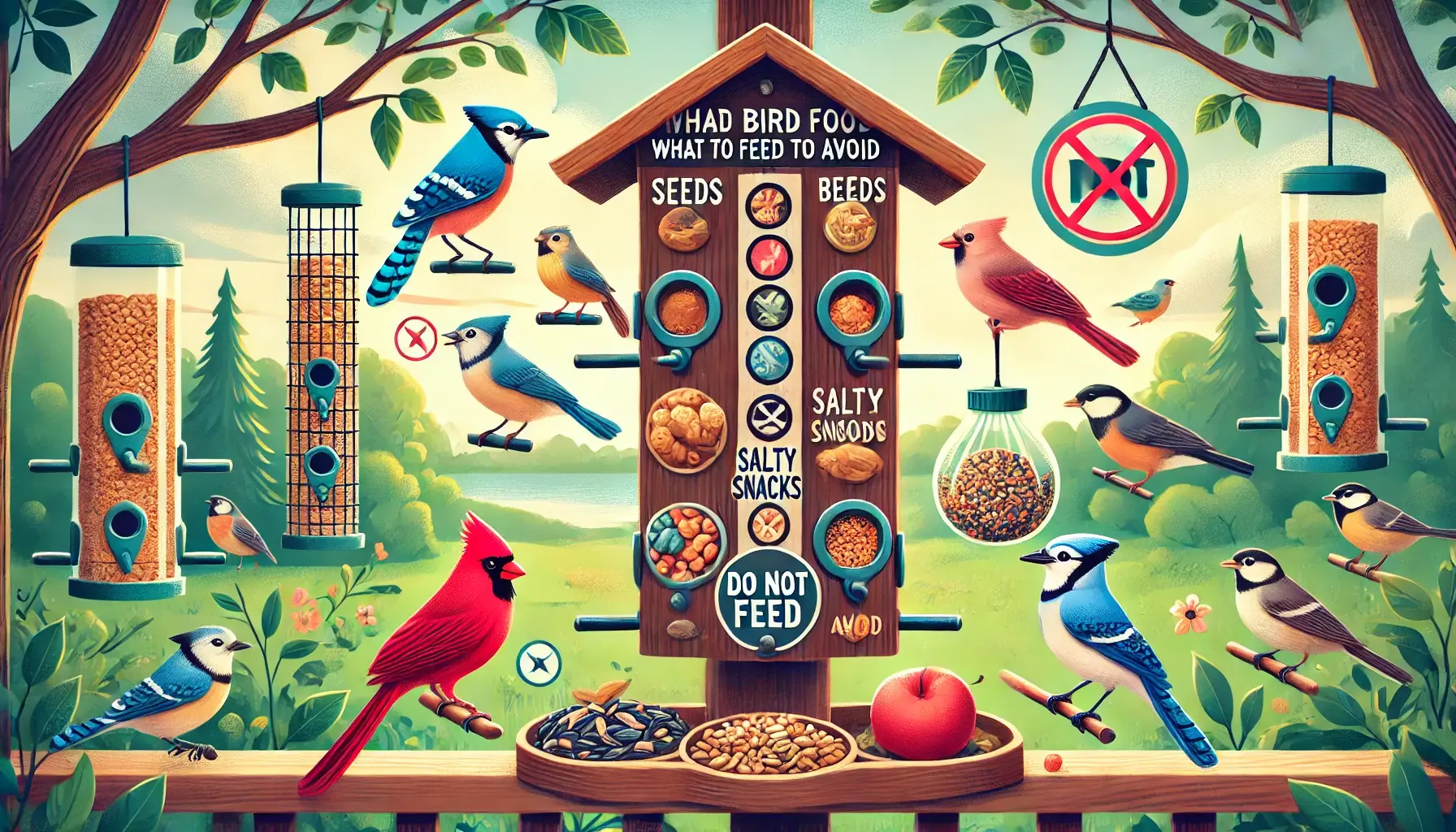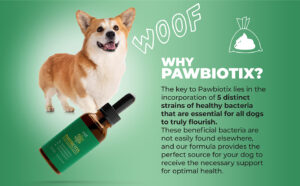Wild Bird Food: What to Feed and What to Avoid
Bird feeding is a rewarding activity that allows nature enthusiasts to attract a variety of birds to their backyards. However,...

Bird feeding is a rewarding activity that allows nature enthusiasts to attract a variety of birds to their backyards. However, providing the right Wild Bird Food is essential to ensure their health and well-being. Not all foods are suitable for birds, and some can even be harmful. This guide will help you understand what to feed wild birds, what to avoid, and how to select the best bird food from trusted sources like Kwik Pets.
Best Wild Bird Food: What to Feed
Providing a balanced diet to wild birds helps them thrive in different seasons. Here are the top recommended Wild Bird Food options:
1. Seeds
Seeds are a staple in a bird’s diet and are loved by most wild birds. Some of the best seed options include:
- Black Oil Sunflower Seeds – High in fat and energy, perfect for finches, cardinals, and chickadees.
- Nyjer (Thistle) Seeds – Loved by finches and goldfinches, these tiny seeds are rich in oil.
- Safflower Seeds – A favorite among cardinals and grosbeaks while being less attractive to squirrels.
- Millet – Ideal for ground-feeding birds like sparrows and doves.
2. Nuts
Nuts provide essential protein and fats. Suitable choices include:
- Peanuts (unsalted, shelled or whole) – Attracts woodpeckers, nuthatches, and blue jays.
- Almonds and Walnuts – A nutritious treat for larger birds.
3. Fruits
Fresh and dried fruits are a great source of vitamins and antioxidants:
- Berries (blueberries, strawberries, raspberries) – Naturally found in bird diets.
- Apples (sliced, with no seeds) – A favorite among robins and thrushes.
- Oranges – Loved by orioles and tanagers.
4. Suet and Fat Balls
Suet is a high-energy food made from animal fat, perfect for winter feeding. It attracts woodpeckers, chickadees, and starlings.
5. Insects and Mealworms
Many wild birds, especially during nesting season, rely on insects for protein. Dried or live mealworms are a great choice for robins and bluebirds.
6. Nectar
For hummingbirds, a homemade nectar solution (1 part sugar to 4 parts water) provides essential energy.
What to Avoid: Harmful Foods for Wild Birds
While many foods are safe, some can be dangerous to birds. Avoid feeding them:
1. Bread and Processed Foods
Bread, crackers, and pastries provide no nutritional value and can lead to malnutrition.
2. Salty and Sugary Foods
Salted nuts, chips, and candies can be toxic to birds.
3. Raw Rice and Uncooked Beans
These can expand in birds’ stomachs and cause digestive issues.
4. Avocado and Chocolate
Both contain toxins that are lethal to birds.
5. Milk and Dairy Products
Birds lack the enzymes to digest lactose, leading to digestive distress.
Where to Buy the Best Wild Bird Food
When choosing Wild Bird Food, quality matters. Kwik Pets offers a wide selection of high-quality bird food that meets the nutritional needs of various bird species. Buying from reputable stores ensures that the food is fresh, free from harmful chemicals, and tailored to specific bird diets.
Tips for Feeding Wild Birds Safely
- Use the right feeder – Tube feeders, platform feeders, and suet cages help cater to different bird species.
- Keep feeders clean – Prevent mold and disease by regularly washing feeders.
- Provide fresh water – Birds need water for drinking and bathing.
- Offer a variety of foods – A diverse diet attracts a broader range of birds.
FAQs
1. What is the best food for wild birds?
The best Wild Bird Food includes black oil sunflower seeds, suet, peanuts, and fresh fruits.
2. Can I feed wild birds rice?
Cooked rice is safe in small amounts, but avoid uncooked rice as it can be difficult to digest.
3. How often should I refill my bird feeder?
Check and refill feeders every 1-3 days, depending on bird activity.
4. Where can I buy high-quality bird food?
You can purchase premium bird food from Kwik Pets, ensuring freshness and nutritional value.
5. Why should I avoid bread when feeding birds?
Bread lacks nutrients and can cause malnutrition in birds.




